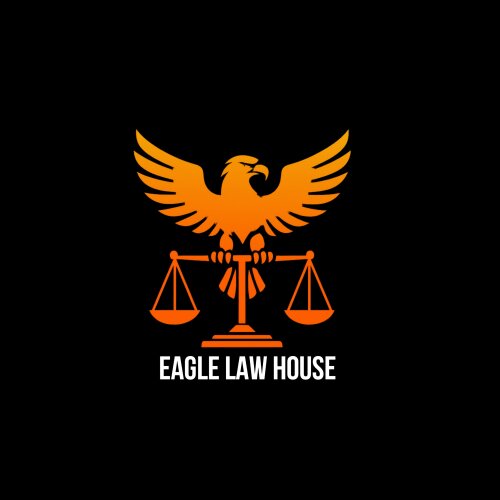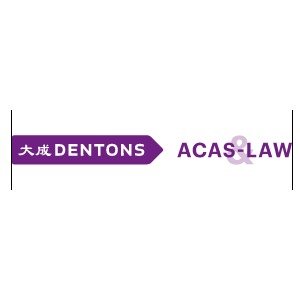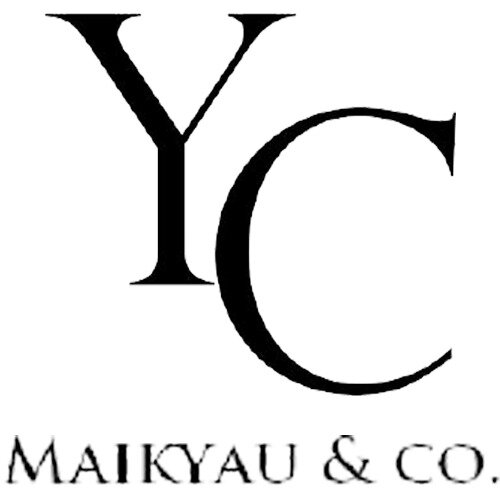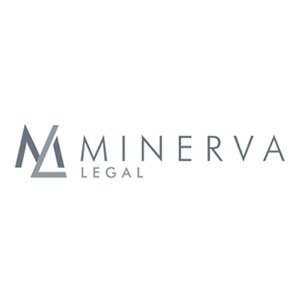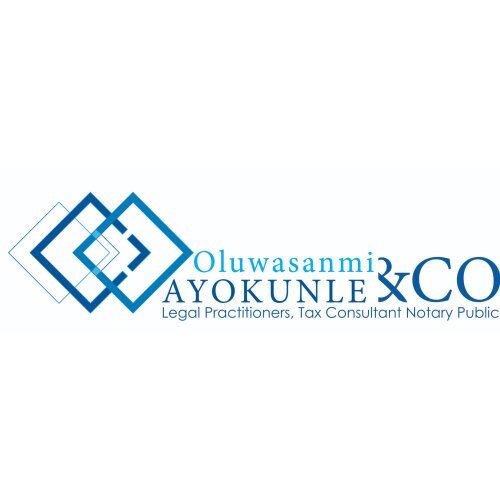Best Dependent Visa Lawyers in Nigeria
Share your needs with us, get contacted by law firms.
Free. Takes 2 min.
Or refine your search by selecting a city:
List of the best lawyers in Nigeria
Legal guides written by Adeola Oyinlade & Co:
- Procedure and Requirements for Work Permit and Visas in Nigeria
- The Step-By-Step Procedure of How to Apply for Microfinance Bank License Online in Nigeria
- How to Ensure the Smooth Recognition and Enforcement of Foreign Judgments in Nigeria
About Dependent Visa Law in Nigeria
A Dependent Visa in Nigeria allows the family members of an expatriate or foreign national residing in Nigeria to join them in the country. Typically, this visa is issued to spouses, children, and sometimes other relatives of individuals holding an employment or long-term visa in Nigeria. The purpose of the Dependent Visa is to maintain family unity by enabling families to live together while one or more members work legally in Nigeria.
Why You May Need a Lawyer
While obtaining a Dependent Visa might seem straightforward, there are several scenarios where legal assistance may be invaluable:
- Complex Documentation: Navigating through detailed documentation and ensuring that all forms are correctly filled out and submitted can be challenging.
- Refusals or Delays: If your application has been refused or delayed, a lawyer can help identify the issues and suggest remedies.
- Legal Compliance: Ensuring that you and your dependents comply with all Nigerian immigration laws and policies.
- Changing Visa Status: Transitioning from a Dependent Visa to another type of visa or vice versa might require legal guidance.
Local Laws Overview
Several key aspects of local laws relate directly to obtaining a Dependent Visa in Nigeria:
- Immigration Act: The primary legislation governing visas and immigration in Nigeria is the Immigration Act, which sets out the criteria for visa eligibility and application processes.
- Proof of Relationship: Applicants need to provide robust evidence of their relationship to the primary visa holder, such as marriage certificates or birth certificates.
- Financial Requirements: The primary visa holder may need to prove that they can financially support their dependents.
- Duration and Renewals: Dependent Visas are typically tied to the validity of the primary visa and must be renewed simultaneously.
- Work Restrictions: Dependents may have restrictions on employment unless they apply for a separate work permit.
Frequently Asked Questions
1. Who is eligible for a Dependent Visa in Nigeria?
Spouses, children, and sometimes other direct relatives of a primary visa holder in Nigeria are eligible.
2. How long does the Dependent Visa process take?
The processing time can vary, typically taking several weeks, depending on the completeness of the application and other factors.
3. Can dependents work in Nigeria on a Dependent Visa?
Dependents generally cannot work unless they apply for and obtain a separate work permit.
4. What documents are required for a Dependent Visa application?
Required documents typically include a passport, proof of relationship, passport-sized photos, financial statements, and the visa of the primary holder.
5. How can I prove my relationship to the primary visa holder?
Commonly accepted proofs include marriage certificates for spouses and birth certificates for children.
6. Is there a financial requirement for obtaining a Dependent Visa?
Yes, the primary visa holder may need to demonstrate sufficient financial resources to support their dependents.
7. Can a Dependent Visa be converted to another visa type?
Yes, but the process can be complex and often requires legal guidance to navigate.
8. Can my Dependent Visa be renewed?
Yes, renewals are generally tied to the status of the primary visa holder’s visa and should be done before expiry.
9. What happens if a Dependent Visa application is rejected?
You may seek a review or reapply with additional or corrected documentation. Legal assistance can be beneficial in such cases.
10. Where do I apply for a Dependent Visa in Nigeria?
Applications should be submitted to the Nigerian Embassy or Consulate in your current country of residence.
Additional Resources
The following resources can be helpful when seeking further information on Dependent Visas in Nigeria:
- Nigerian Immigration Service: The NIS website provides comprehensive information on all visa types, including Dependent Visas.
- Nigerian Embassies and Consulates: These can offer country-specific advice and assist with the application process.
- Legal Aid Council of Nigeria: Provides assistance and resources for legal issues, including immigration matters.
- Expatriate Community Groups: Often offer insights and share experiences on navigating dependent visas.
Next Steps
If you require legal assistance for a Dependent Visa in Nigeria, consider the following steps:
- Consult With a Lawyer: Seek an immigration lawyer specializing in Nigerian immigration law.
- Prepare Documentation: Assemble all necessary documents to streamline consultations and the application process.
- Understand Legal Fees: Inquire about the cost structure for legal assistance to avoid unexpected expenses.
- Stay Updated: Keep informed about any changes in immigration laws and procedures in Nigeria.
Taking these steps can help ensure a smoother process for securing a Dependent Visa in Nigeria.
Lawzana helps you find the best lawyers and law firms in Nigeria through a curated and pre-screened list of qualified legal professionals. Our platform offers rankings and detailed profiles of attorneys and law firms, allowing you to compare based on practice areas, including Dependent Visa, experience, and client feedback.
Each profile includes a description of the firm's areas of practice, client reviews, team members and partners, year of establishment, spoken languages, office locations, contact information, social media presence, and any published articles or resources. Most firms on our platform speak English and are experienced in both local and international legal matters.
Get a quote from top-rated law firms in Nigeria — quickly, securely, and without unnecessary hassle.
Disclaimer:
The information provided on this page is for general informational purposes only and does not constitute legal advice. While we strive to ensure the accuracy and relevance of the content, legal information may change over time, and interpretations of the law can vary. You should always consult with a qualified legal professional for advice specific to your situation.
We disclaim all liability for actions taken or not taken based on the content of this page. If you believe any information is incorrect or outdated, please contact us, and we will review and update it where appropriate.
Browse dependent visa law firms by city in Nigeria
Refine your search by selecting a city.



